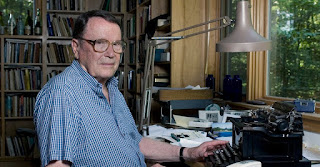Staging interventions: Phoenix Theatre's 'Barbecue' seesaws on race, dependency, and ambition

There's an unusual cast list in Phoenix Theatre's program for "Barbecue," a trenchant comedy by Robert O'Hara that opened this weekend: Character names are omitted, as if we were about to witness a revue, where roles are fleeting, multiple or necessarily First scene: White siblings in a troubled family. unattached to names. We come to find out that the roles refer to people who are playing roles; thus, names are unreliable indicators of the reality behind the play. That's just the start of the potential confusions, which clear up fitfully in the second act. To find the experience of "Barbecue" satisfying, you have to be prepared to hold big questions about race, family, and identity in abeyance. Not to worry: There's a Hollywood ending, and though it's somewhat unsettling, it does what such endings have historically accomplished — provide a definite resolution that is either superficial or profound. The first scene is jarring: a dys...











